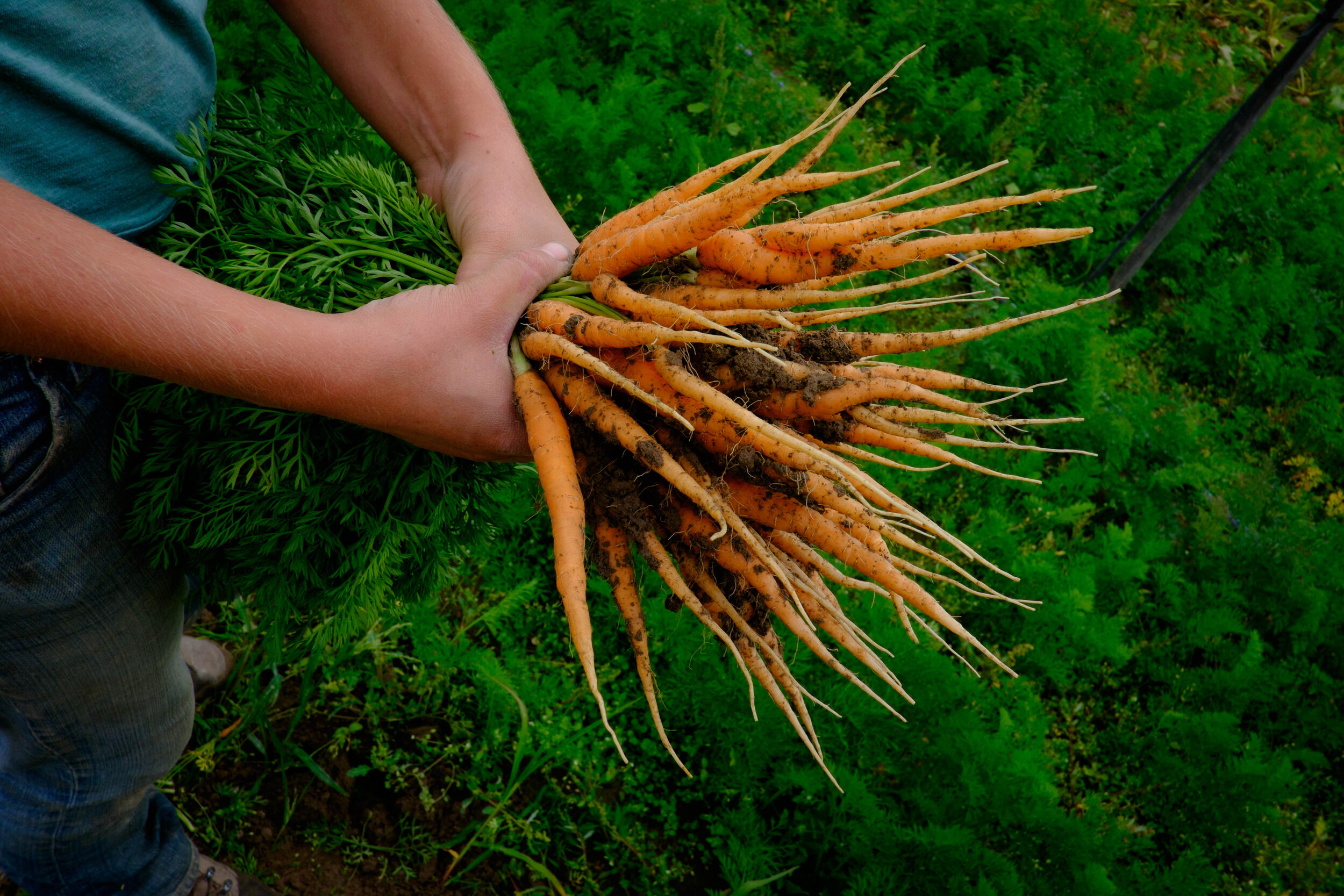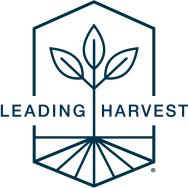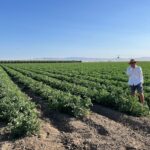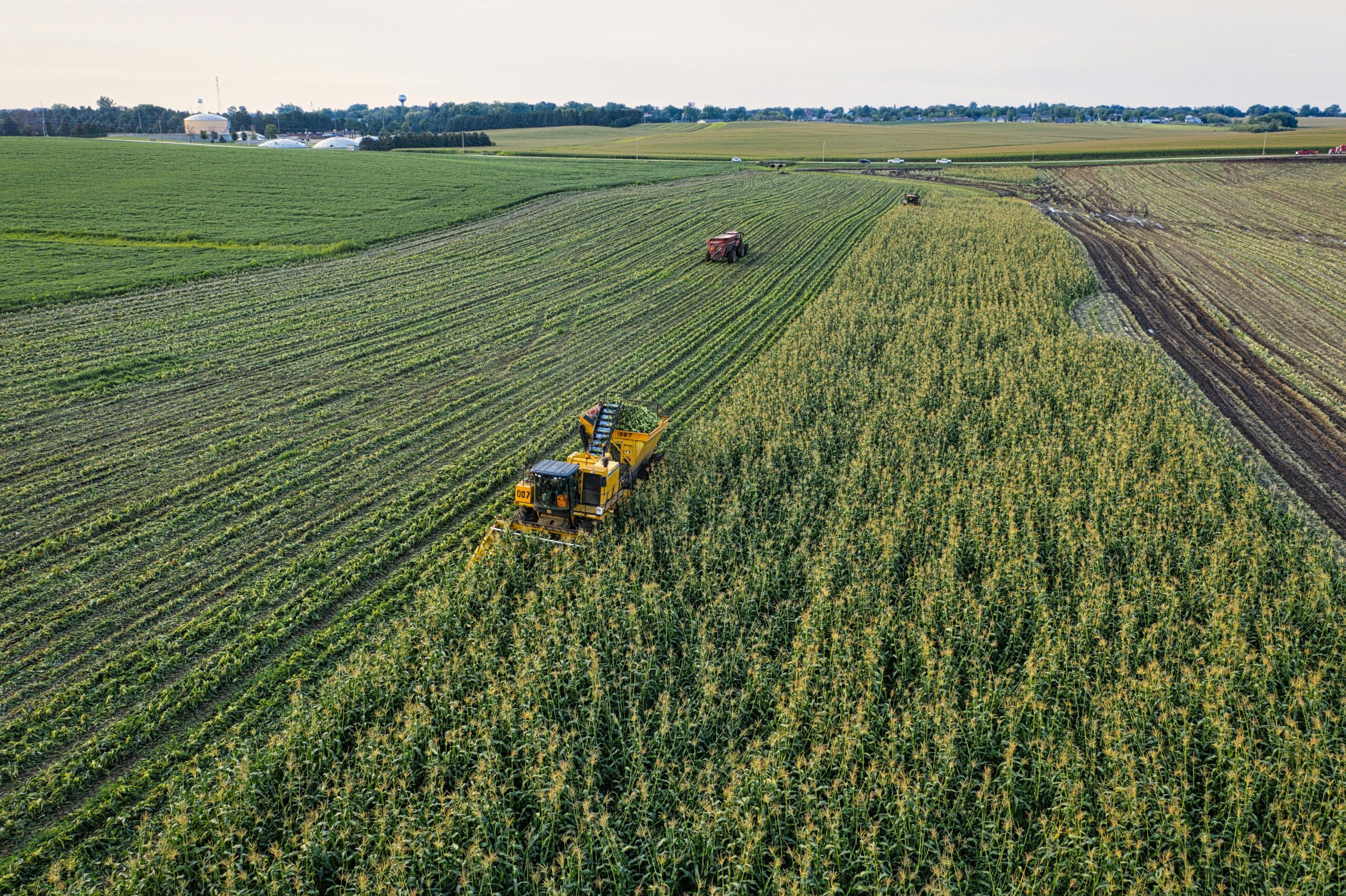
Our Standards
Leading Harvest Standards
Universally applicable
Many specialized certification programs are prescriptive in nature, determining compliance based on checklists of practices. Our indicators focus on management systems that can achieve a desired outcome, which allow the farmland manager freedom within a framework to determine their pathway to meet the objectives.
Flexible and adaptable
Our standards can be scaled across all geographies, crop types, and management systems. With this flexibility, organizations can apply certification across a diverse portfolio while also taking a localized approach to driving improvements.
Third-party verified
In addition to third-party verifying outcomes, Leading Harvest requires that the certifying bodies themselves be accredited to certify management systems according to internationally recognized accreditation standards.
Continuously improving
Certifying members must identify areas for improvement from one year to the next through our core principle of continuous improvement. This generates positive impact for farm businesses each year while ensuring sustainability efforts keep up with evolving scientific findings, agronomic knowledge, and societal expectations.
13 PRINCIPLES OF SUSTAINABILITY
Conformance to Leading Harvest standards is based on having a management system that drives continuous improvement toward a broad spectrum of sustainability including environmental and social factors:
- Sustainable Agriculture
- Soil Health and Conservation
- Protection of Water Resources
- Protection of Crops
- Energy Use, Air Quality and Climate Change
- Waste and Material Management
- Conservation of Biodiversity
- Protection of Special Sites
- Local Communities
- Employees and Farm Labor
- Legal and Regulatory Compliance
- Management Review and Continual Improvement
- Tenant-Operated Operations

“The Standard is unique in three, critical aspects:
ANDY WHITMANDirector, Sustainable Economies Program, Manomet
it is outcome-based, third-party assured, and is designed to be universally applicable across all crops and all geographies.”
The Leading Harvest Farmland Management Standard
The Leading Harvest Farmland Management Standard, our inaugural standard, creates a common language for agricultural sustainability across the supply chain. Globally, more than 3 million acres across more than 100 crop types are now enrolled.
In April of 2025, Leading Harvest launched the Farmland Management Standard 2025. The new standard has a 12-month transition period in which existing users of the standard may continue to use (and be audited against) their country-specific standard for the next 12 months. Please view the previous country-specific standards here.
From time to time, a formal process may be needed to interpret the Leading Harvest Farmland Management Standard or supporting documents. Please view a record of formal interpretations by Leading Harvest here.
The Leading Harvest Farmland Management Standard — Pasture and Livestock
The Leading Harvest Farmland Management Standard — Pasture and Livestock Standard adds a 14th Principle focused on animal wellbeing to the existing Leading Harvest Farmland Management Standard. Please view the previous Farmland Management Standard – Pasture and Livestock 2023 here.
Leading Harvest — SAI FSA Silver Equivalency
The Leading Harvest Farmland Management Standard has been officially benchmarked as equivalent to the Silver Level of the SAI Platform’s Farm Sustainability Assessment (FSA) 3.0, a globally recognized framework for sustainable agriculture. Read more about the SAI FSA Silver Equivalency here.
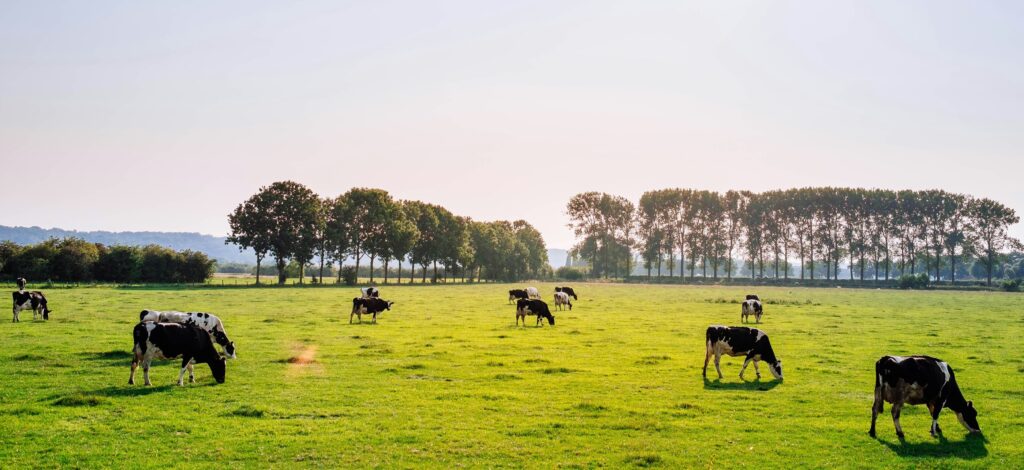
Standard Revisions
In April of 2021, the Leading Harvest Board of Directors adopted a five-year revision cycle for its standards globally. Revisions will be an essential part of Leading Harvest’s own process of continual improvement and will help to ensure that its standards evolve with both societal expectations for sustainability as well as scientific and agronomic knowledge.
From August 6, 2024, to October 5, 2024, Leading Harvest held a public consultation period for the 2025 version of the Farmland Management Standard and other normative documents. Feedback may be received at any time during the year, but comments collected during the 60-day public consultation period are scrutinized by the Leading Harvest Standards Committee and other subsets of the Leading Harvest governance as part of the revision process.
In January of 2025, the Leading Harvest Board of Directors approved the Farmland Management Standard 2025. A summary of the standard revision process can be found here. A record of changes made to the Farmland Management Standard can be found here.
Questions? Reach out to info@leadingharvest.org.
